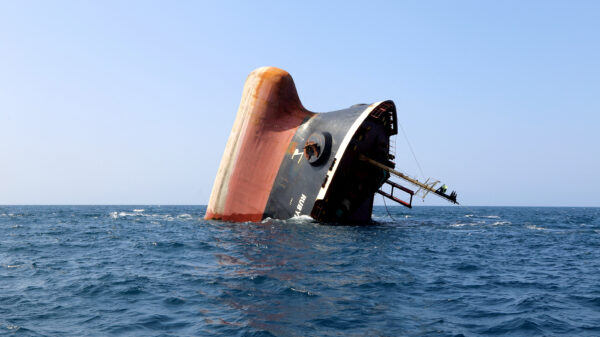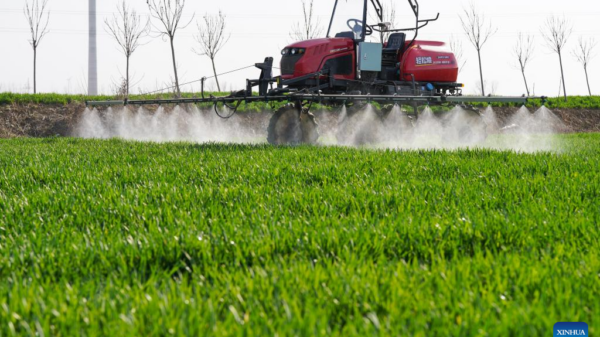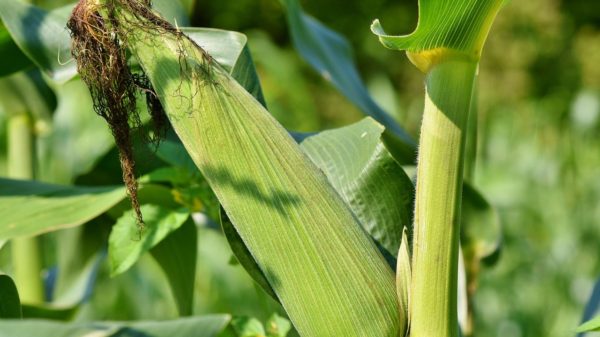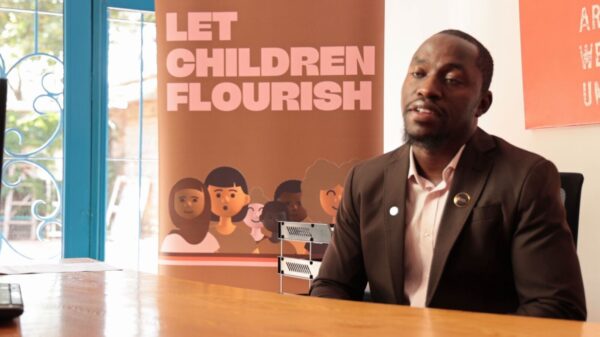NYERI, Kenya, Nov 1 – A German non-governmental organization (NGO) has called for an end to the importation into the country of pesticides that have been flagged as toxic.
The Heinrich-Böll-Stiftung, affiliated with the German Green Party and operating in more than 30 countries, says statistics show 76 percent of the total volume of pesticides used in Kenya contain one or more active ingredients that are categorized as Highly Hazardous Pesticides (HHPs).
The lobby group claims such pesticides (currently banned in EU countries) have been linked to increased cases of cancer, disruption of hormonal and nervous systems and genetic defects in unborn children.
Speaking during the launch of Pesticide Plus, a publication on toxic chemicals, Heinrich-Böll-Stiftung Director Joachim Paul, says pesticides that have been outlawed in Europe are still finding their way to Africa.
“Pesticides that are not allowed for use in countries such as Germany where they are produced are still exported to other countries. In Kenya, 44 percent of the total volume of pesticides used are banned in Europe.” He said through a press statement to media houses.
“The practice of companies being allowed to sell pesticides not permitted for use in their own country because of their potential to cause high levels of acute or chronic hazards to humans and the environment, creates the double standard. In Kenya the use of these pesticides poses a great risk to farmers, local communities and all consumers and should be addressed as an urgent public health concern. Women are at higher risk due to traditional gender roles and the biological effects of pesticides. For example, there is an established link between breast cancer and certain pesticides,” adds the report.
According to the Atlas Pesticide the overall global pesticide market has almost doubled in the last 20 years.
By next year, the total value of all pesticides used globally is expected to reach nearly 130.7 billion US dollars with EU states taking the lion’s share in the number of exports.
The organization is now calling for a strict safety policy in importation and usage of pesticides in strict compliance to the approved global bodies such as the United Nations Organization.
Among recommendations by the organization include outlawing pesticides that require farmers to use personal protective equipment and adoption to biological pest control measures such as agroecology that are safe to both humans and the environment.
“In order to reduce the high number of pesticide poisonings, the World Health Organization and the Food and Agriculture Organization have developed a voluntary framework and standards for pesticide management.
Among other things, the code of conduct recommends avoiding pesticides that require personal protective equipment too uncomfortable or expensive to use. The guideline also recommends the use of agroecological alternatives and a ban on HHPs,” recommends the report.
The Heinrich-Böll-Stiftung however notes that such recommendations cannot be implemented owing to lack of legal backing.
A report by Pest Control Products Board (PCPB) and Agrochemicals Association of Kenya (AAK) two years ago showed that a total of 25 different active ingredients were found in tomato and kale samples in Kenya – 51 percent of the detected active ingredients having already been withdrawn from circulation in the EU countries. Of the samples, 60 percent exceeded the EU recommended maximum residue levels.
In August last year an environmental lobby group had called for clarity on Kenya’s position in regard to a proposal calling for the ban of some pesticides as recommended by the EU.
Greenpeace Africa while responding to calls by some farmers who are demanding for a review on the proposed ban now says there is need to review the proposal before its adoption by Parliament.






















































